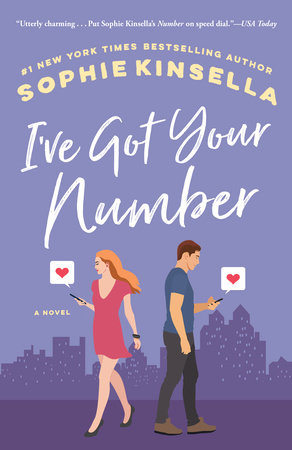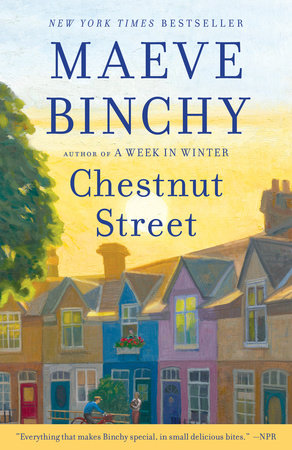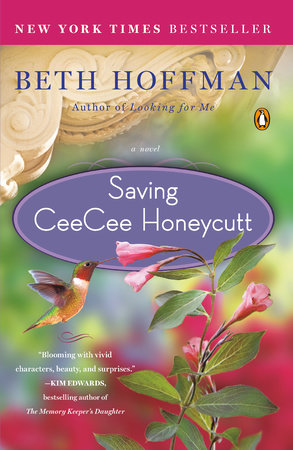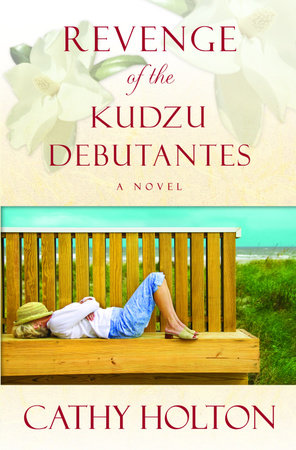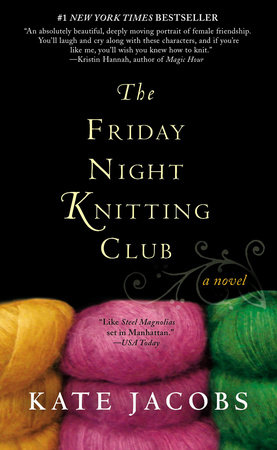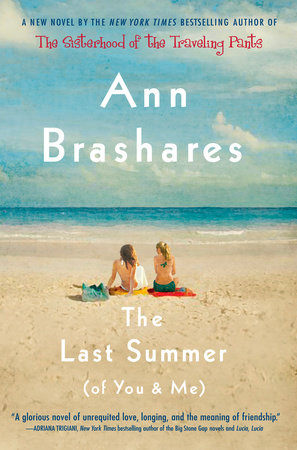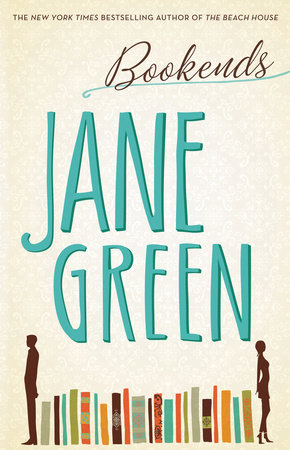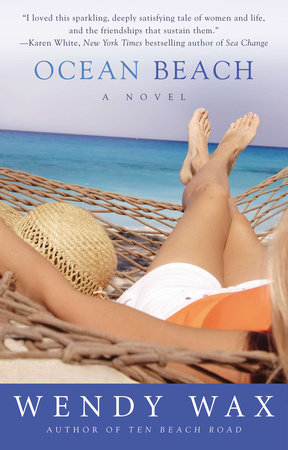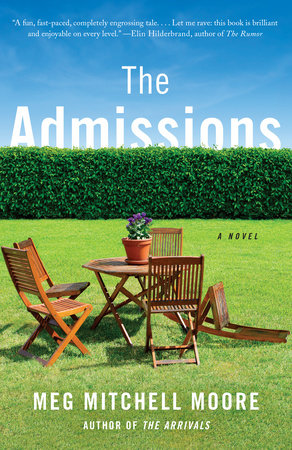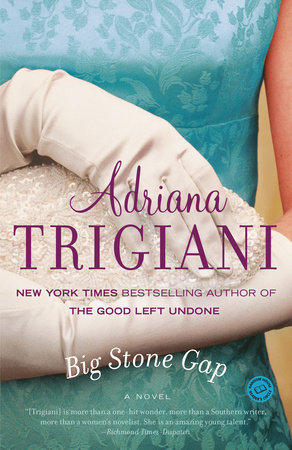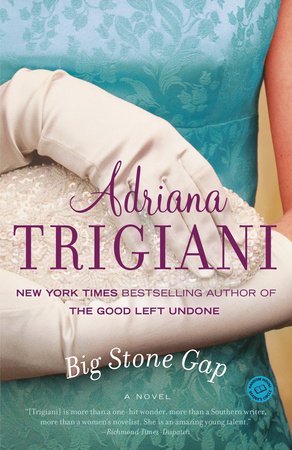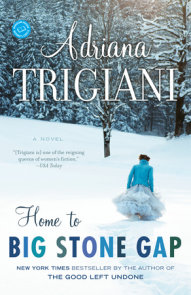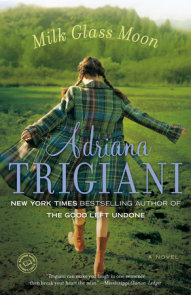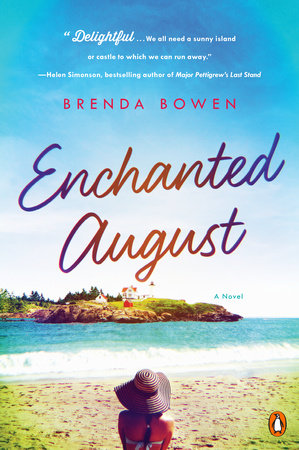Author Q&A
A Conversation with Adriana Trigiani
Iva Lou Wade Makin, Big Stone Gap’s favorite librarian, sat down at the Mutual Pharmacy cafeteria/fountain with Adriana Trigiani for an interview. Iva Lou had a chili dog, Ms. Trigiani had a diet pop. They both had a lot of laughs.
IL: First things first, girl. What’s it like to live in the big city after you’ve lived in a small town?
AT: It’s noisier in New York City than it is in Big Stone Gap. And you can get a newspaper everyday, not just once a week. And you’d think that you have your anonymity in the city, but you really don’t. People get to know you in your neighborhood. I look at Manhattan as if it’s made up of a lot of Big Stone Gaps that hook together and make a city. It feels like home; it is home.
IL: I loved your book. Especially the way I looked in it. By the way, I stopped selling the Sarah Coventry in seventy-nine.
AT: I’m sorry to hear that.
IL: Most people around here think you got things purty accurate, except for the geography. You moved places around–like the Roaring Branch. Did you mean to do that?
AT: Fiction gives the writer license to invent, rearrange, imagine. I moved things in my imagination, so it’s a mix of the real and true and the Big Stone Gap of my heart, which is a kind of Brigadoon to me. It’s not a physical place, as much as it’s an emotional place; a place I grew up in with my family and friends. When I called your Bookmobile “a glittering royal coach,” I surely meant it.
IL: I was surprised by that. I’ve been trying to git the county to give it a paint job for about five years here–your description did not help me acquire those funds.
AT: Sorry.
IL: Now, honey, we need to get down to the brass tacks. Everyone in town agrees that the people in your novel are based on real people. We’re trying to figure out who is who. Obviously, I am me. But who is Ave Maria?
AT: Ave Maria is the woman you can count on. She’s your best friend; the person you go to for advice, the person who has a cool head in a crisis. Maybe she’s a loner and lives a life of service and not of intimacy. She’s the woman that you wonder about. You hope she finds a nice man. You hope she’s happy; she certainly seems to be. That’s what the novel is about. A person may appear to be one thing, but inside of them there’s a river of complexities and fears and desires. When you find that out, there is no end to the depth of emotion. The book is really about the interior life and feelings of that woman you know; perhaps she even reminds you of yourself.
IL: Yeah, but who is she?
AT: She’s herself.
IL: Yeah, but who? People round here think it could be . . . (Iva Lou turns off the tape recorder.) Okay, we’re back on folks, I apologize, I didn’t want to name no names.
AT: That’s a good idea. Besides, she isn’t just one person. She’s an amalgam.
IL: How about Theodore?
AT: Well, he’s based upon a friend of mine who is from Scranton and is a great artist. Our dynamic is a lot like Theodore and Ave’s. So it was fun for me to access the way we communicate and explore how we’re present for one another in our friendship.
IL: What about Jack Mac?
AT: He too is a combination of ideas of men. But I would have to say that my husband reminds me of him; though I was surprised by the direction the character has taken in this book; and I think all my readers will be surprised when they’ll find out where he goes in the sequel. I think this is what is so powerful about fiction. The writer enters a world to record the story, the action of that world, and it is full of twists and turns and revelations that surprise even the writer.
IL: You sayin’ you don’t have control of the story?
AT: A lot of times I don’t. I have control of how I’m telling it, but not why. If I have an idea that I want to use, sometimes it feels like I’m shoe horning it into the book, so I step back and let the world of the imagination take over and guide me. And that place, inside all of us, where creativity is the engine, and where ideas are born, never lets you down. You simply must listen.
IL: I read a lot o’ books, honey, but I never knew that was going on behind the scenes.
AT: It’s an amazing process. It’s not pretty. It consumes me.
IL: Sort of like how I feel when I’m reading a good book.
AT: Yeah.
IL: I’ve loaned out your book a lot, and if you don’t mind, I’d like to ask you the most commonly asked question I git from readers. Why would Ave Maria, a pharmacist, go with a coal miner?
AT: How snobby!
IL: I thought so too.
AT: Well, I guess the readers have a small point there. Here is this woman who went off to college and returned home, while Jack Mac had his life in the coal mines. What would they have in common? And of course, Jack is with Sweet Sue; their relationship seems like a match, she offers him an instant family.
IL: Yeah, but Sweet Sue is in it for herself.
AT: She’s a young divorced woman with two kids. I could see why she would appreciate a man like Jack.
IL: Yeah, but she wasn’t right for him. Ave was!
AT: Sweet Sue is a woman for whom things seem easy–she’s pretty, she’s fun and bubbly. She never seems to have a bad day. Of course, we know that couldn’t possibly be true, but this is Ave’s book, not Sweet Sue’s.
IL: Thank you Lord for that.
AT: What I like about Jack and Ave is that they don’t seem right for each other. But, as it is in real life, there is a connection that can not be denied by either of them. Sometimes the power of what we feel overwhelms all other decisions; our hearts rule our heads. Now, the sequel dives into that very issue: What happens to Jack and Ave; how do they make this marriage of opposites work?
IL: Honey, I thought Big Stone Gap was a book about falling in love. Sounds like Big Cherry Holler is a book about staying in love. One more thing. I love the Mario da Schilpario revelation because I think there is nothin’ more fascinatin’ than a family secret revealed.
AT: The revelation of the relationship between Mario and Ave was the foundation upon which the story turned. Ave had this very difficult and painful past. She grew up in a home with a father that ignored her and was irritated by her presence; and a mother whom she adored and who tried to compensate for the lack of a loving father. I believe that in order to be alive in a marriage, truly alive and there for the person we are with, we have to understand where we come from. The marriage (or lack of one) you saw as a child shapes your adult life. It’s what you know; so that is the place from which you make your daily decisions about how you will be in a relationship.
If you noticed, both Jack and Ave were attached to their mothers. They both needed to let go of their parents in order to find each other. Ave thought the answer would be to find her real father. What Mario shows her is that the answers were inside her all along.
I believe that when we talk about how hard marriage and relationships are, we are really talking about our parents’ marriage and how we perceive it.
IL: So the past is important in dealing with the present.
AT: Absolutely. And the best places where these themes can be explored in depth are in books and of course, in other art forms, such as painting, music, theatre, film, and television.
IL: Honey, we understand you’re shooting the movie right here in Big Stone.
AT: Yes we are.
IL: Can I be in it? I always saw myself as a star, and now I want my chance to shine in the spotlight. Do you think you could hook me up?
AT: Anything for you, Iva Lou.



